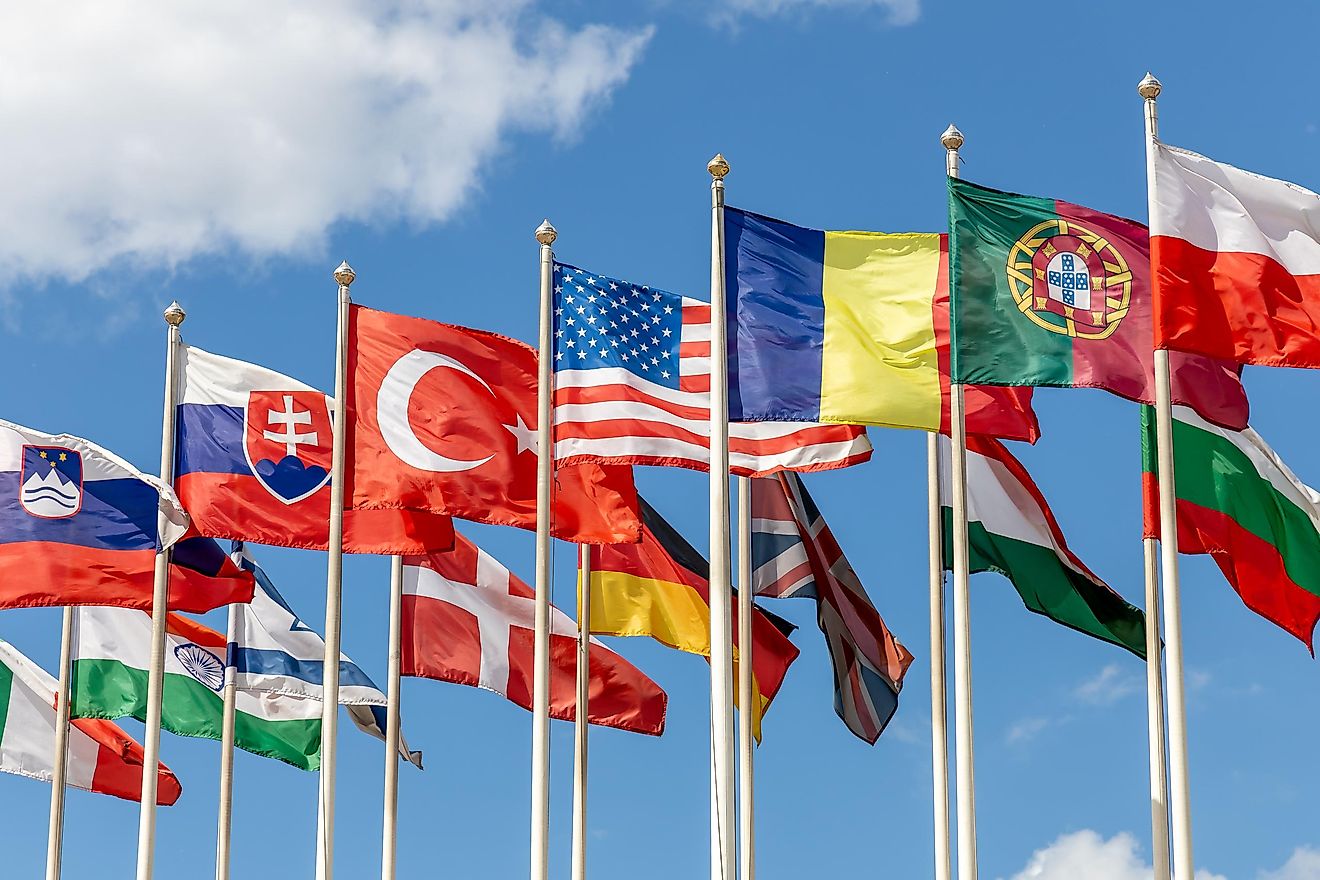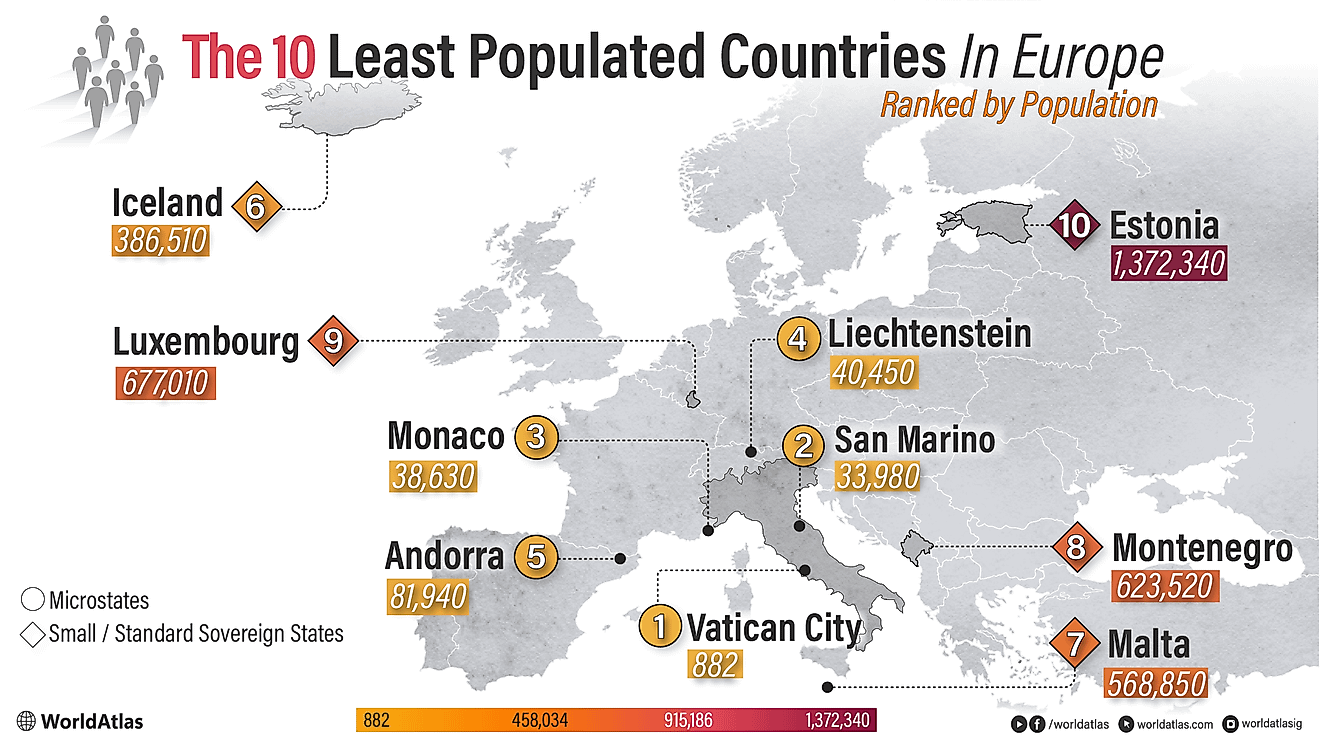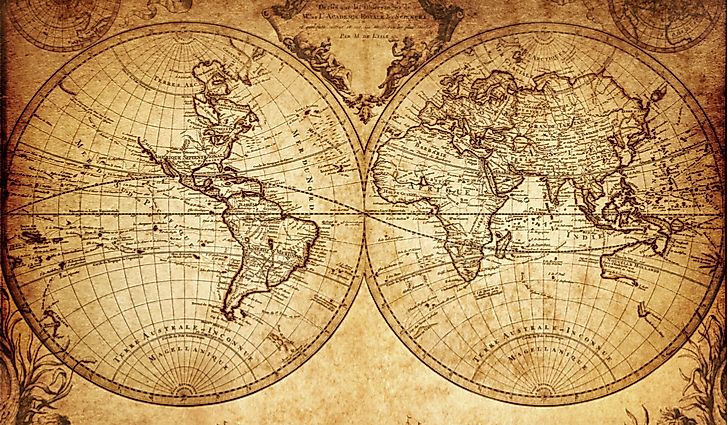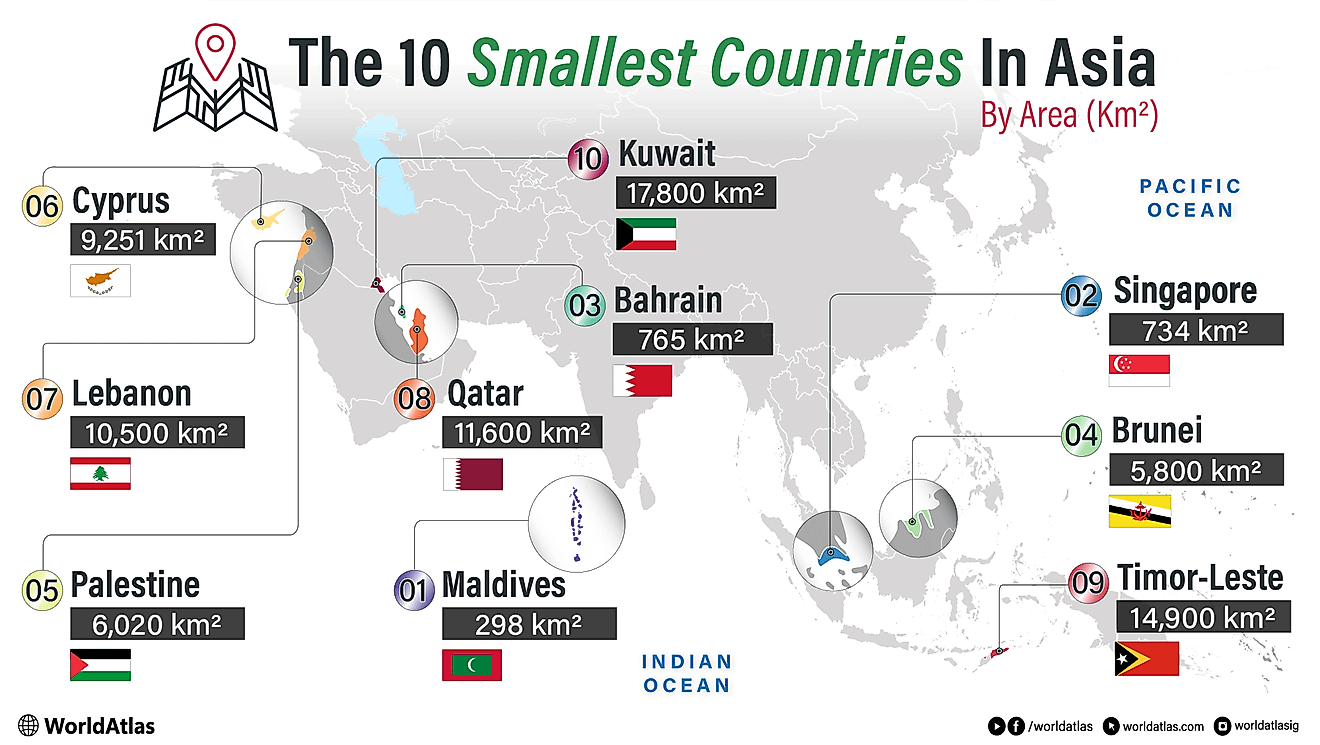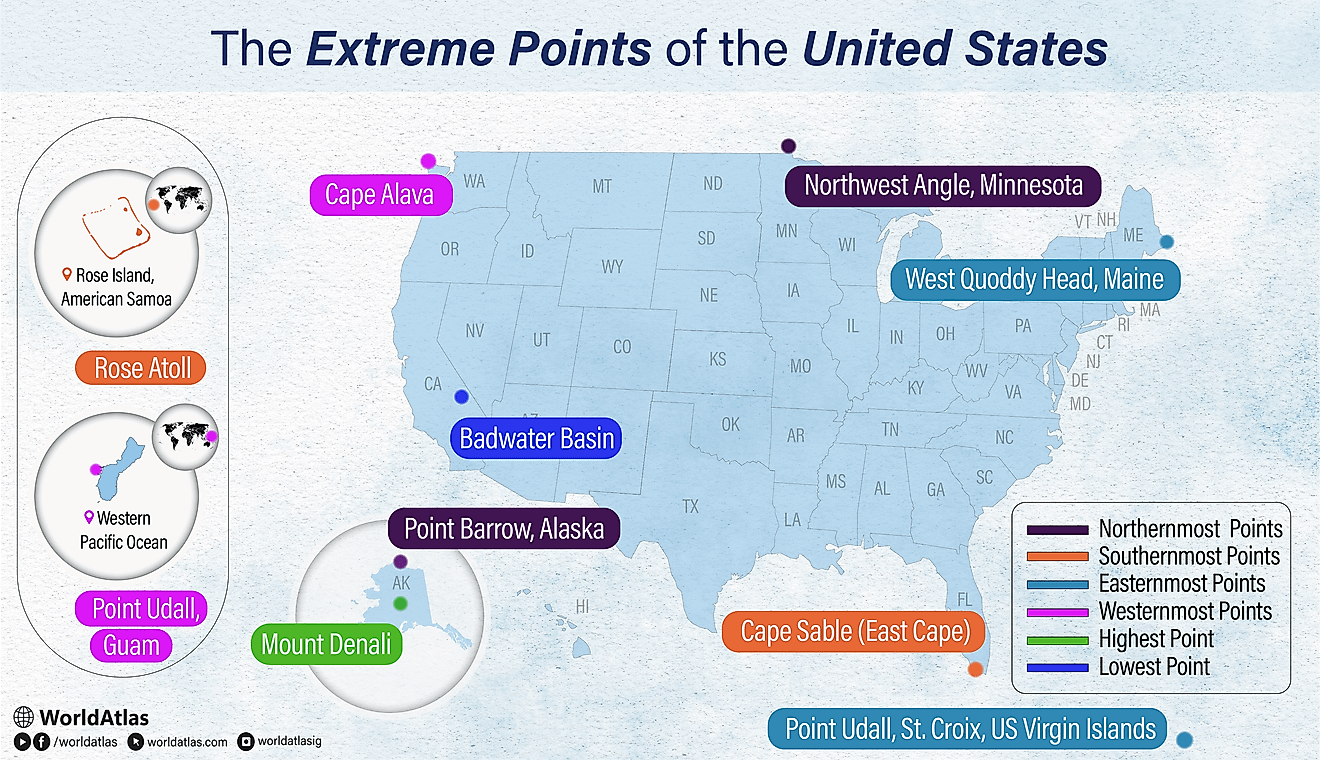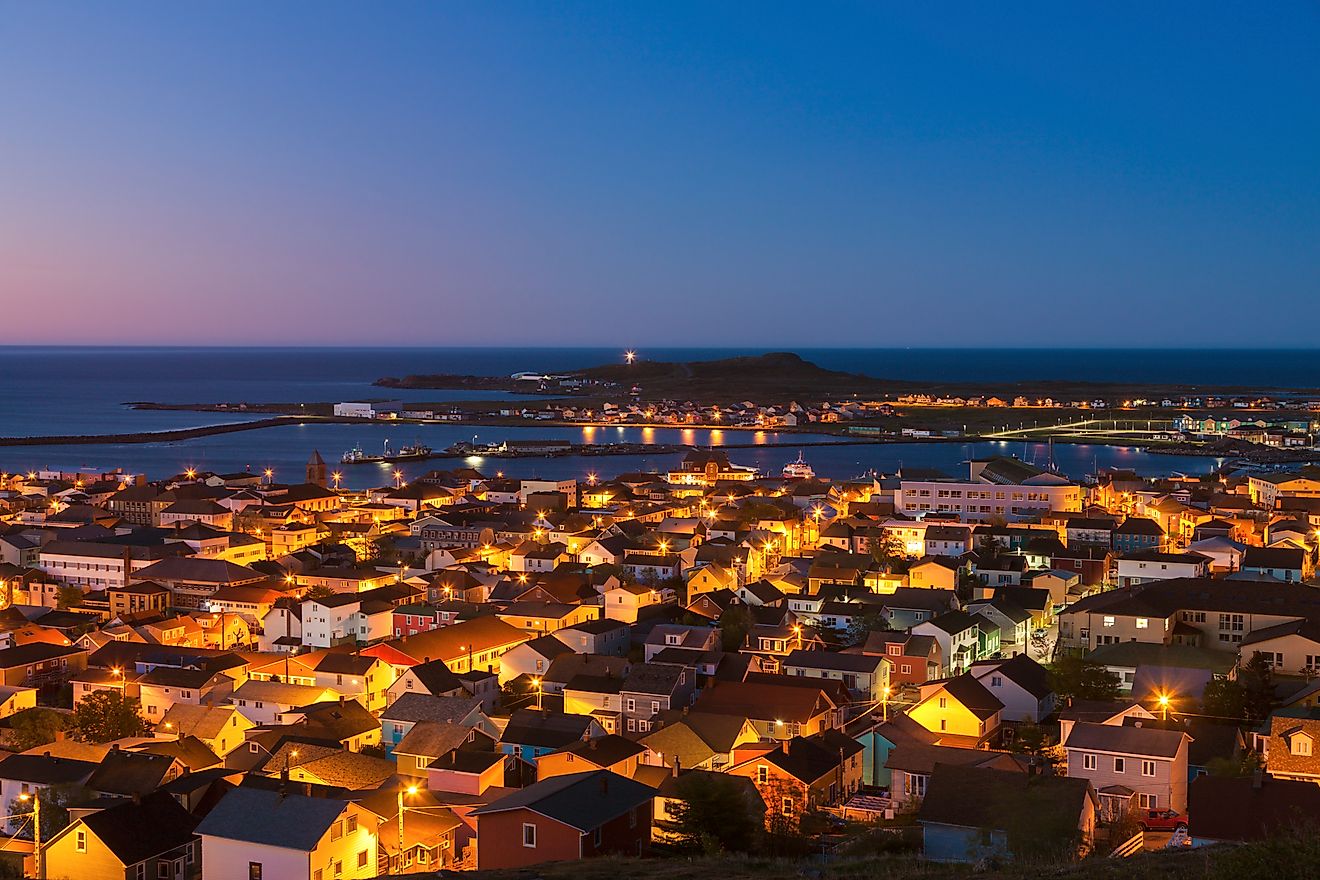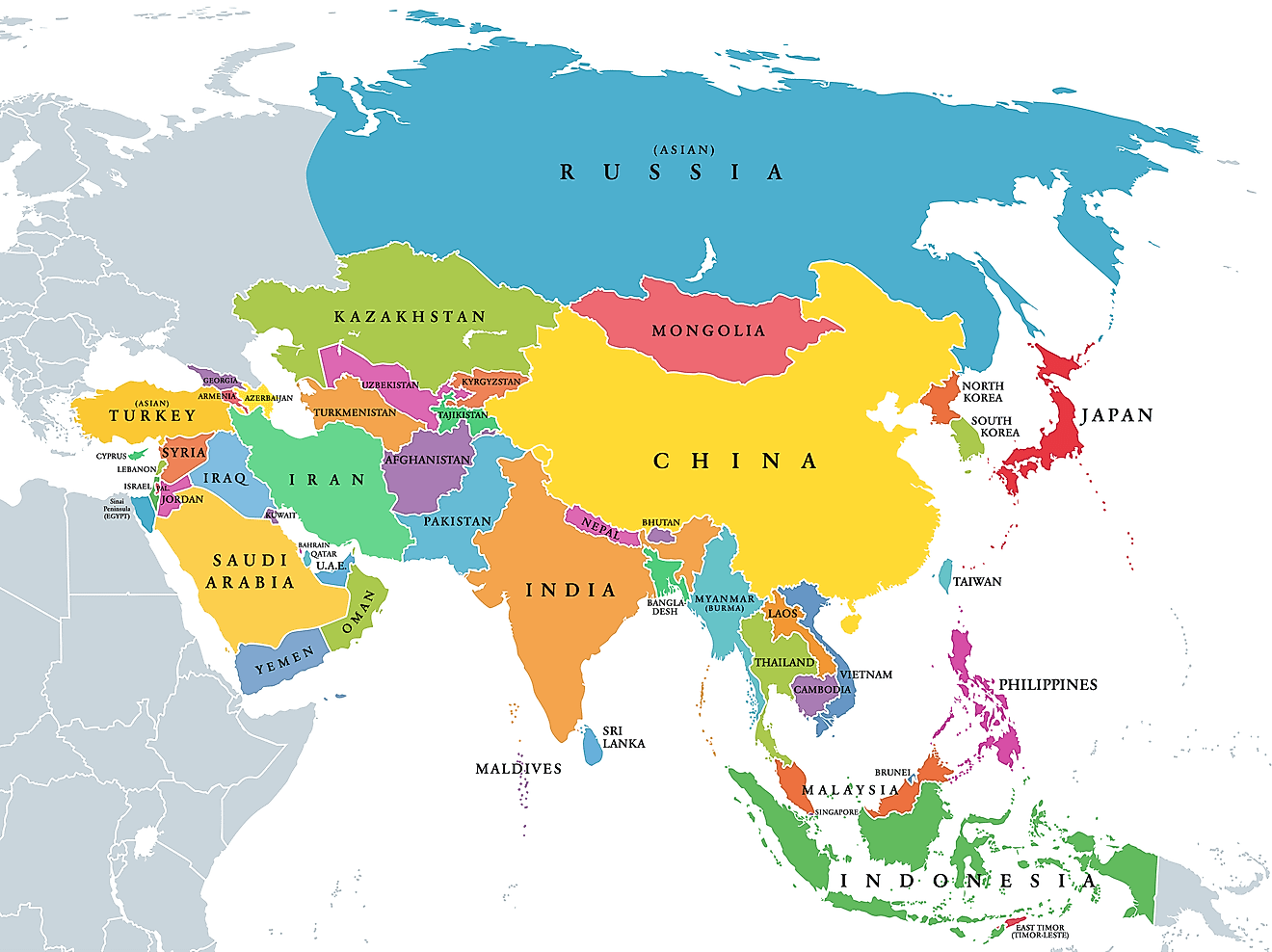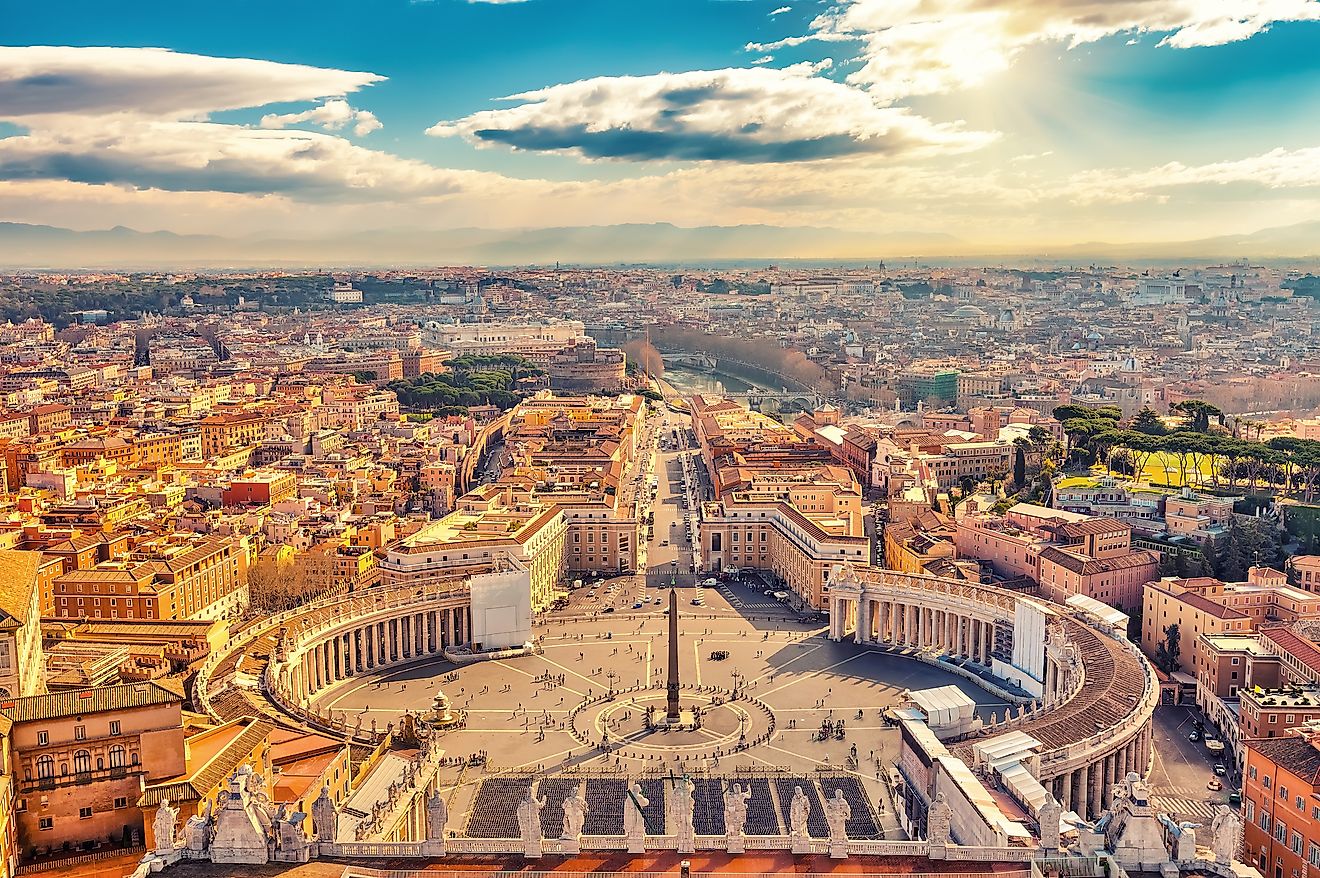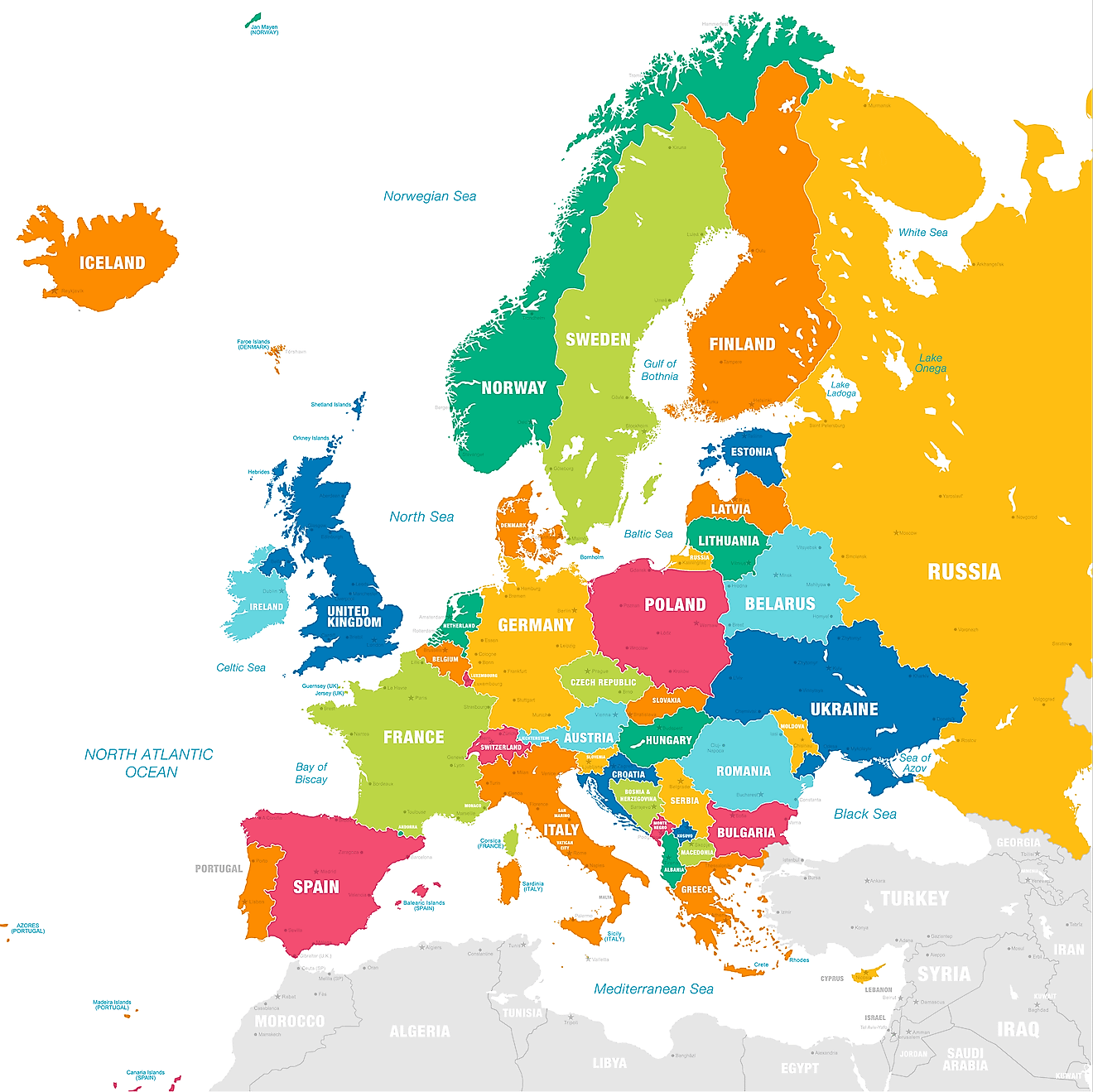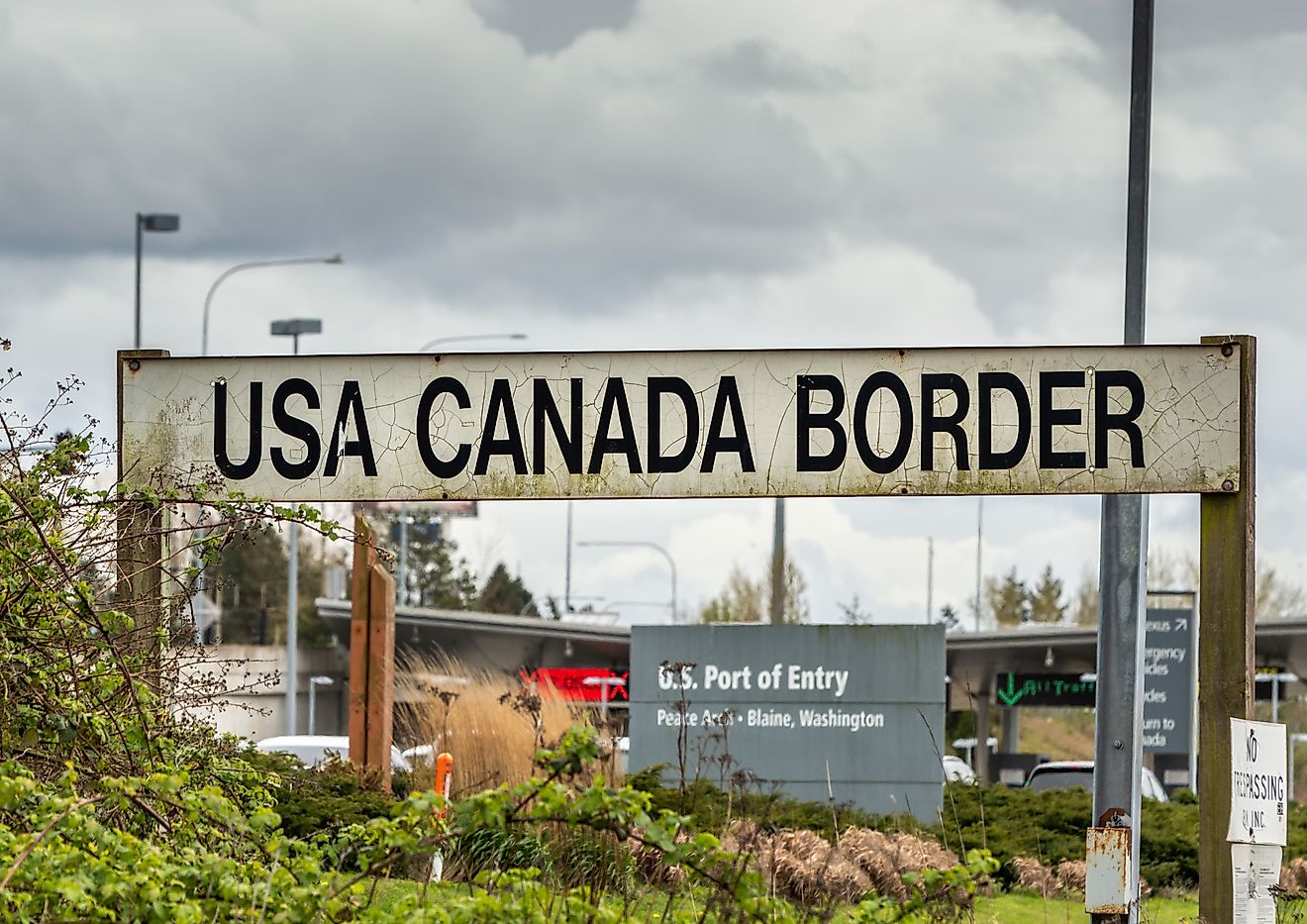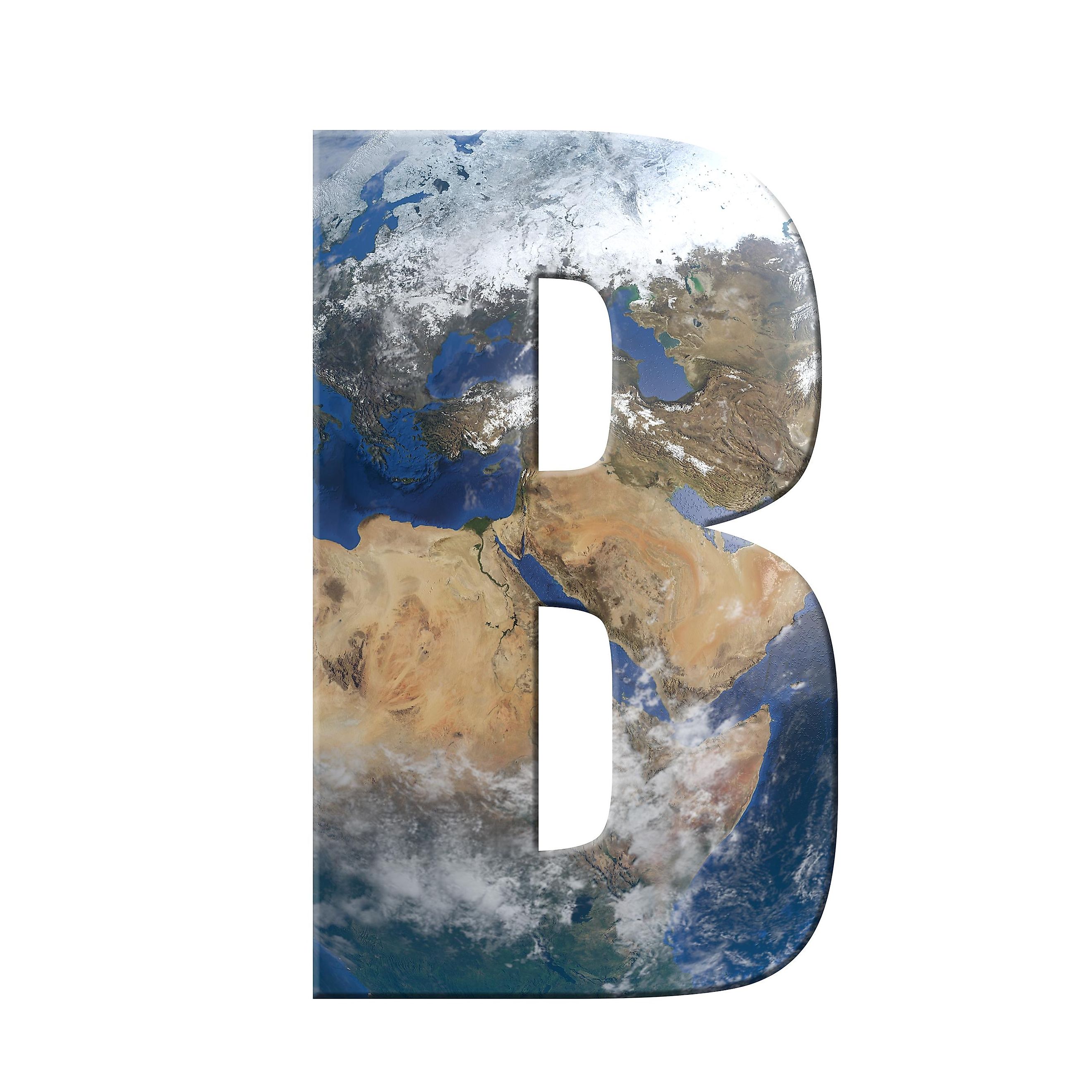
Countries That Start With The Letter B
The United Nations tells us there are 17 sovereign countries whose names start with the letter B. These countries are spread out all over the globe, from the sunny Caribbean Sea to the majestic Himalayan Mountains. Even though the sound "b" starts the names of only seventeen countries in English, this same sound is used in the languages of 1906 different language groups. That covers 63% of all the languages that have been studied, according to Phoible.com.
Additionally, in English, the "b" sound appears in about 1.49% of all words, according to Cornell University. But the story behind how these countries got their names is a whole different adventure. It is all about the history of each place, including the people who lived there long ago and the events that shaped their world.
All Countries That Begin With "B"
| Country | POPULATION 2023 | Land Area |
|---|---|---|
| Bahamas | 412,623 | 5,359 mi² |
| Bahrain | 1,485,509 | 293 mi² |
| Bangladesh | 172,954,319 | 57,320 mi² |
| Barbados | 281,995 | 166 mi² |
| Belarus | 9,498,238 | 80,154 mi² |
| Belgium | 11,686,140 | 11,786 mi² |
| Belize | 410,825 | 8,867 mi² |
| Benin | 13,712,828 | 43,483 mi² |
| Bhutan | 787,424 | 14,824 mi² |
| Bolivia | 12,388,571 | 424,164 mi² |
| Bosnia and Herzegovina | 3,210,847 | 19,767 mi² |
| Botswana | 2,675,352 | 224,607 mi² |
| Brazil | 216,422,446 | 3,287,955 mi² |
| Brunei | 452,524 | 2,225 mi² |
| Bulgaria | 6,687,717 | 42,810 mi² |
| Burkina Faso | 23,251,485 | 105,869 mi² |
| Burundi | 13,238,559 | 10,745 mi² |
Bahamas
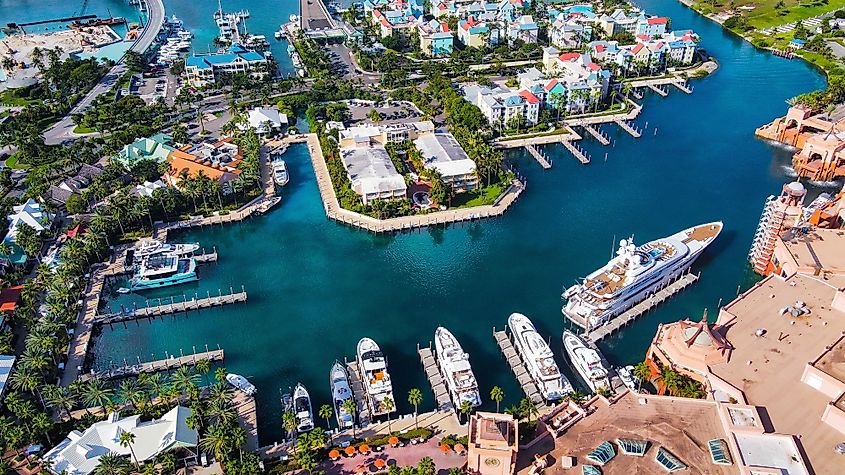
The Bahamas can be found in the Caribbean Sea just a short distance south of Florida. This tropical paradise is comprised of dozens of small islands with Andros Island being the largest. Its largest city Nassau also happens to be the largest.
The origins of the word “Bahamas” are disputed."Bahamas" is said to be a word that comes from the Lucayan Taíno people who lived on these islands before Europeans arrived. The word is said to mean “big upper middle land” in Taino.
Bahrain
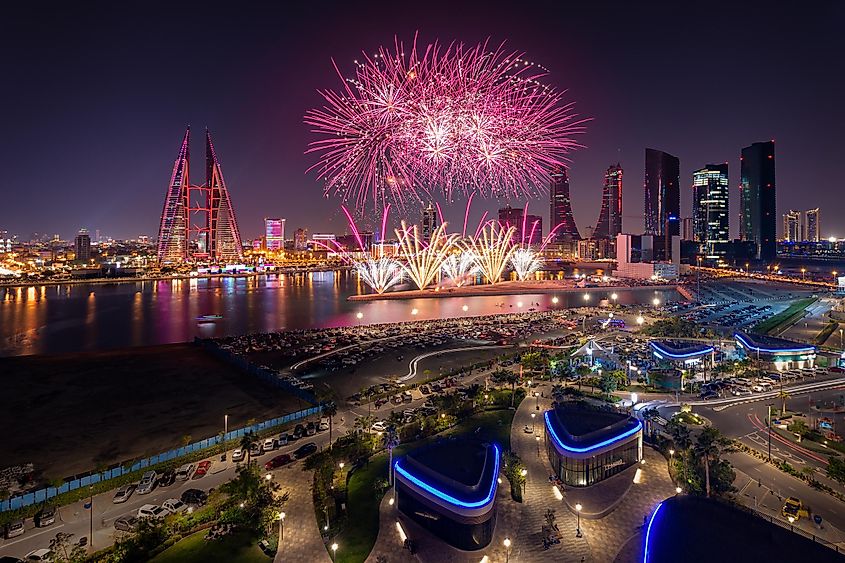
The word “Bahrain” is Arabic in origin, coming from the term Al-Bahrayn which means “two seas.” This likely refers to the fact that Bahrain is an island sitting in waters between Saudi Arabia and Qatar, surrounded to the north by the Persian Gulf, and to the south by the Gulf of Bahrain.
Bahrain is often lumped into the various "Gulf States" which refers to the small but incredibly oil-rich Arab states that inhabit the region. Bahrain's head of state is an Emir who rules out of the capital city of Manama.
Bangladesh
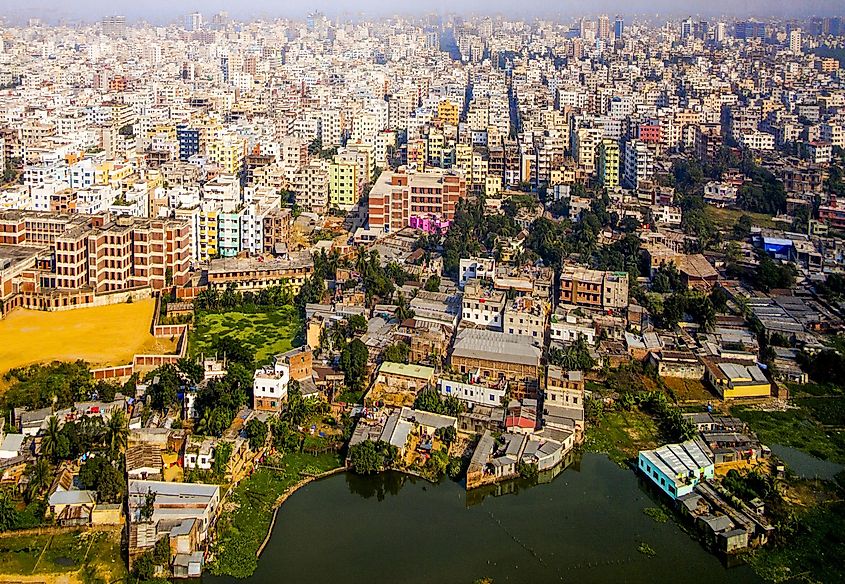
The origin of Bangladesh's name is pretty straightforward. The suffix "Desh" derives from the Sanskrit word Desha, meaning "land." Bangla is the Bengali word for what we call Bengal in English. So, Bangladesh translates to "Land of Bengal."
Bangladesh is the newest country on the Indian subcontinent only gaining its independence from Pakistan in the 1970s after a brutal civil war. Today the country remains one of the poor regions in Asia with a low GDP and standard of living.
Barbados
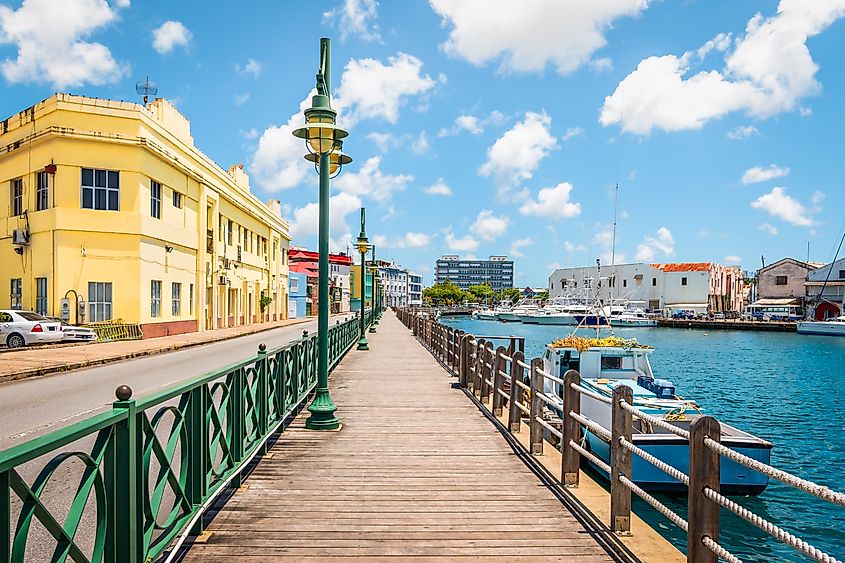
Barbados is said to have gotten its name from Portuguese captain Pedro Campos. Campos is said to have called the island “the bearded one” after the tall fig trees covering the country with long, hanging root systems, dangling like wispy beards.
Located in the heart of the Caribbean, Barbados spent much of its existence in the modern world as a colony of Great Britain until it was given independence in the 1960s. Today, much of its economy is based on tourism and agriculture.
Belarus
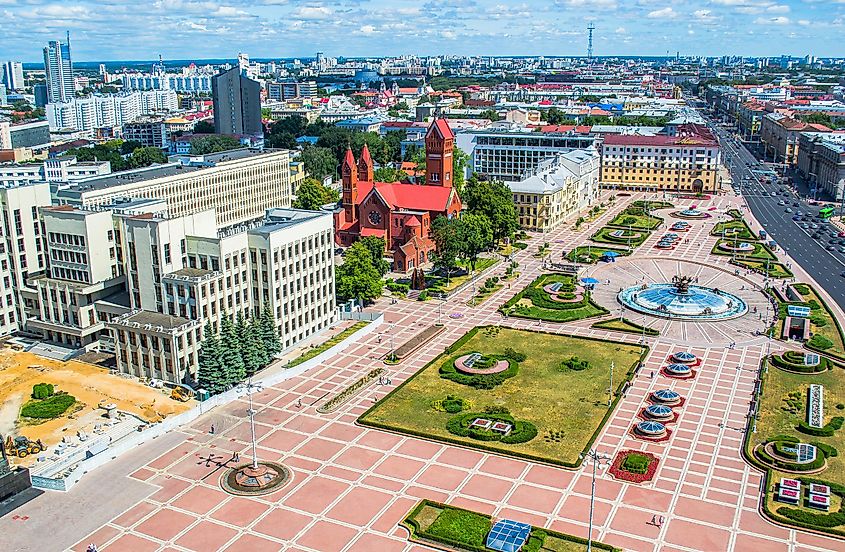
The name "Belarus" literally means "white Russia." Belarus comes from the term Belaya Rus which means "White Rus." While the term "White Rus" can be found as far back as Latin and Greek Medieval literature, the term is met with distaste from some people in modern times.
Belarus is located in Eastern Europe and is often labeled as the "last dictatorship of Europe." This is in reference to its authoritarian government which still shares many similarities with its time as a Soviet state. The current president of the country, Aleksandr Lukashenko, has been ruling over Belarus since 1994.
Belgium
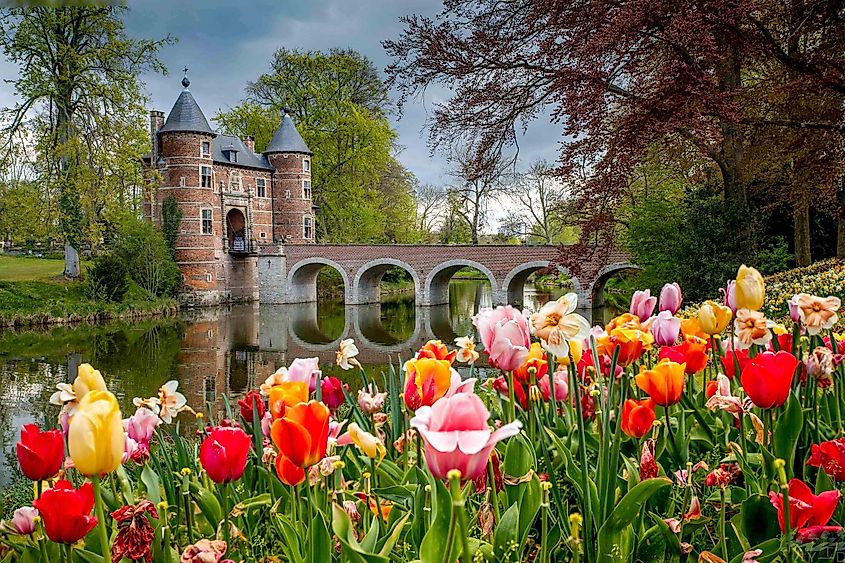
Belgium is named for the Belgae tribe, whose people lived in the northern part of the country, Gaul, during the 3rd century BCE. “Belg” in proto-Celtic means "to swell with anger," and some say the country’s name reflects the fact that the Belgae tribesmen and women living in Gaul were very hard for the Romans to subdue.
Belgium is a relatively new country in Europe. It was born in the aftermath of the Napoleonic Wars and was formed out of French-majority lands that were previously held by the Netherlands. As a result, half of the population speaks French while the other speaks Dutch.
Belize
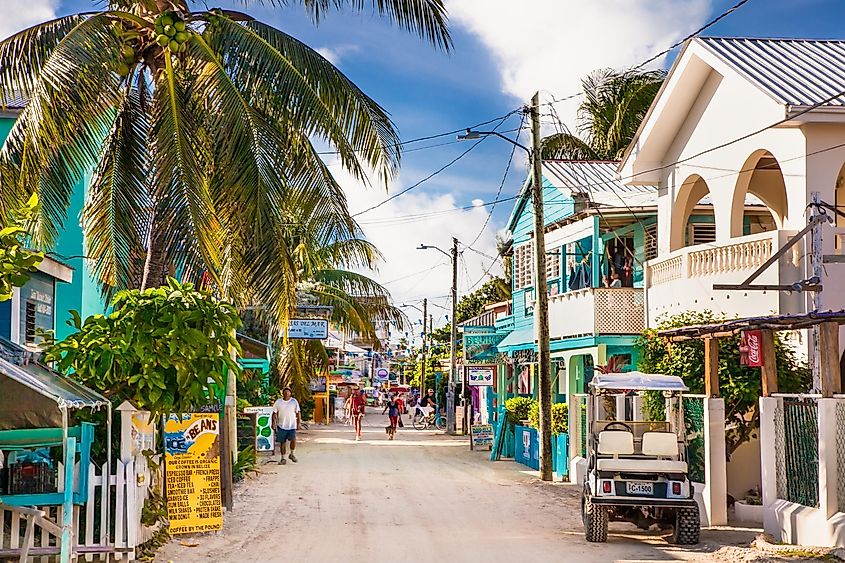
Belize is said to have gotten its name after the Mayan word Belix, which means “muddy water.” Belize could also come from the Mayan word Belikin which means "land facing the sea." There is another theory that its name originates from the Spanish mispronunciation of the Scottish sir name Wallace. Peter Wallace was the first European to chart the Belize River which he named after himself and then became “Ballace” which transformed into “Balise” or “Belize”.
Belize can be found in Central America bordering Mexico and Guatemala. Belize is also one of the few English-speaking countries in Latin America and remained a British colony until 1981.
Benin
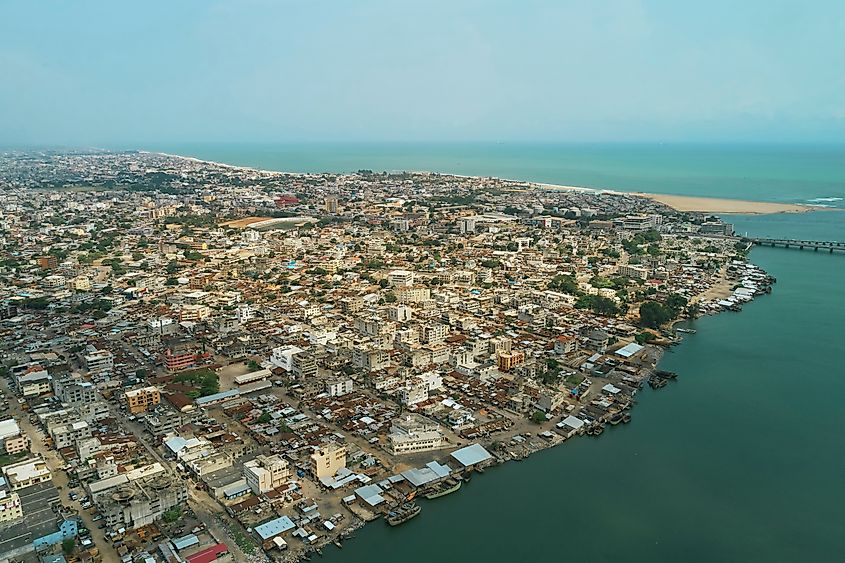
Originally called "Dahomey," named after an ancient kingdom that once controlled the region, the name Benin was adopted to better support the diversity of cultures within the country. Benin gets its name from the Bight of Benin, a body of water that borders the country to the south, as part of the Atlantic Ocean. The name Benin comes from the 17th century and was the name of an African kingdom located along the Gulf of Guinea.
Benin hugs the West African coast. During colonial times it switched hands from the French to the British before Benin was finally given independence in the 1960s along with many other countries in region.
Bhutan
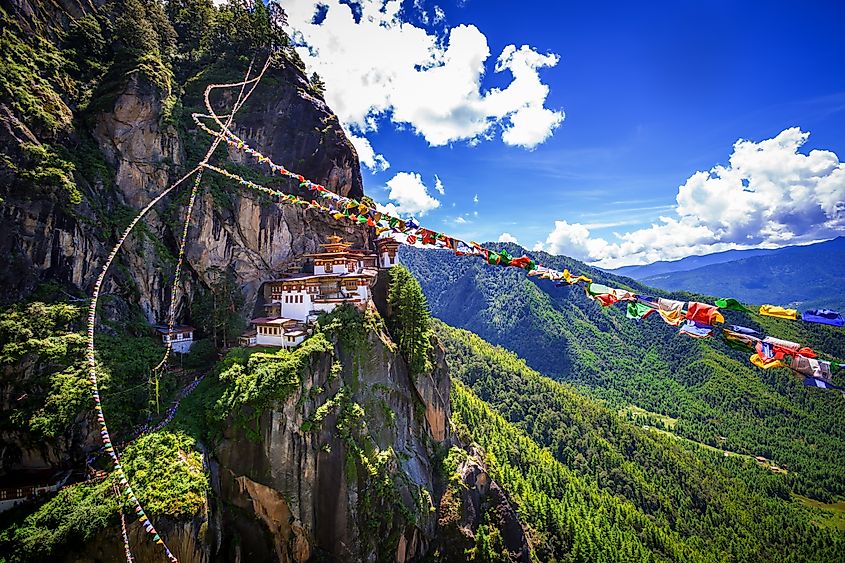
Bhutan’s name may come from the Sanskrit word Bhu-Uttan, meaning "High Land." Others say that it comes from Bhots-ant, of the same origin, meaning "end of Tibet." Many people living in Bhutan do not call the country by this name, however, and rather refer to it as "Druk Yul" which enchantingly means "Land of the Thunder Dragon."
Bhutan is located deep within the vast Himalayan Mountains and is perhaps one of the most isolated countries on Earth. A deeply Buddhist country, Bhutan banned foreigners from entering the country well into the 20th century and only allowed its citizens to own television in 1999.
Bolivia
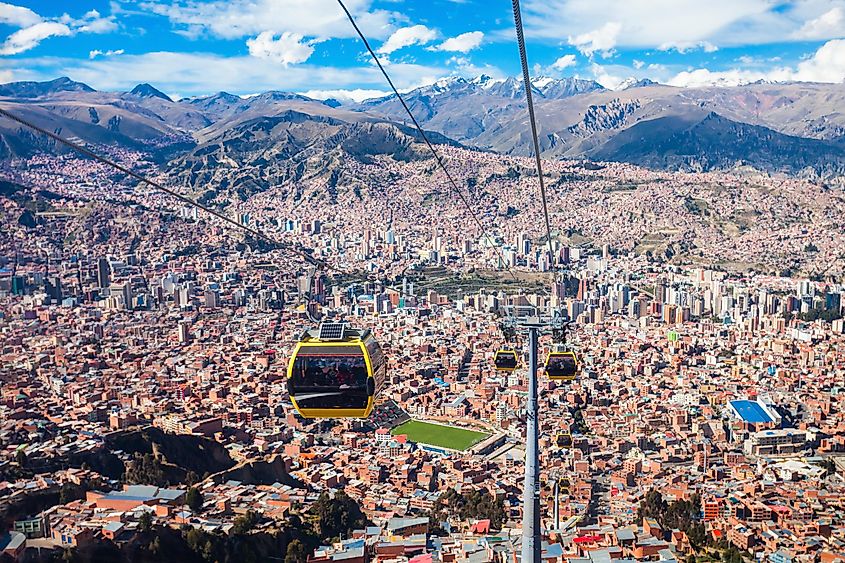
Bolivia traces its name back to Simón Bolívar, a Venezuelan soldier and statesman who led revolutions in South America in the early 1800s. Bolivar is often hailed as a founding figure of many South American countries and Bolivia is no different.
Despite its strong Spanish influence, Bolivia has the largest Indigenous population per capita, than anywhere else in South America. Indigenous traditions remain a significant part of their culture as the Indigenous population totals 20% and mestizos, people with mixed Spanish and Indigenous ancestry, make up 70%
Bosnia and Herzegovina
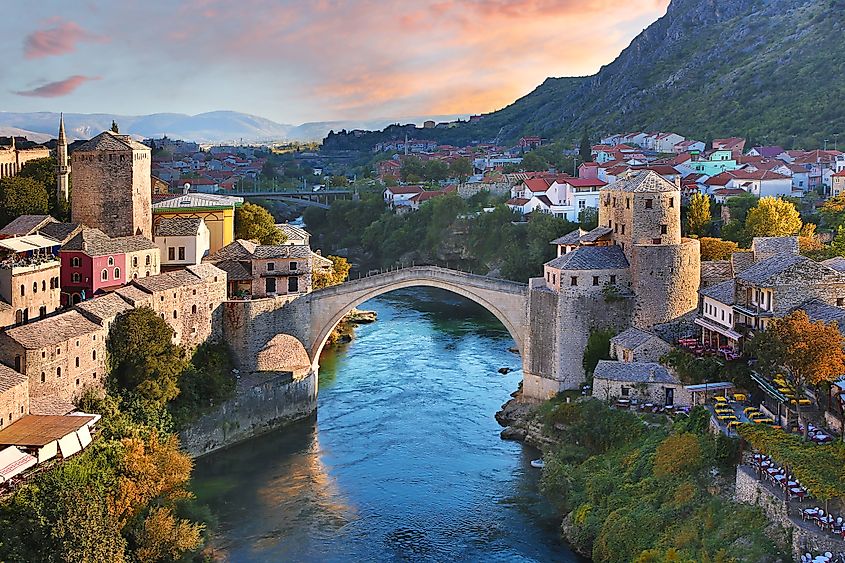
The exact meaning of the name "Bosnia" remains somewhat of a mystery. Many scholars say it could denote "running water." The Bosna River is therefore thought to be the origin of the country’s name. Linguists describe how the Indo-European root word Bos means "running water," as does the Illyrian word Bosona. Others theorize that Bosnia comes from the Latin word Bosina, which means "boundary."
Bosnia and Herzegovina came into existence after the bloody collapse of Yugoslavia during the 1990s. Today the country remains quite peaceful and is home to an interesting mix of both Muslim and Eastern Orthodox culture.
Botswana
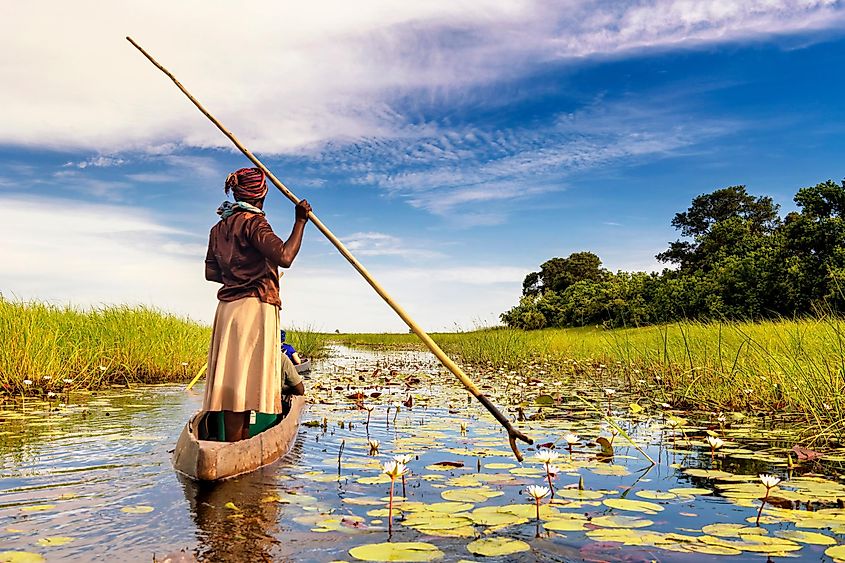
Found in the heart of Africa, Botswana is home to some of the most stunning landscapes in the entire continent. Botswana is named for its people. Those who inhabit the country are largely of Tswana origin, and collectively this group is referred to as "Batswana."
Botswana is famous for its rich wildlife which includes endless species of birds, mammals, and reptiles that cannot be found anywhere else. Safaris and other expeditions into the Botswana wilderness are a favorite activity for tourists who visit.
Brazil
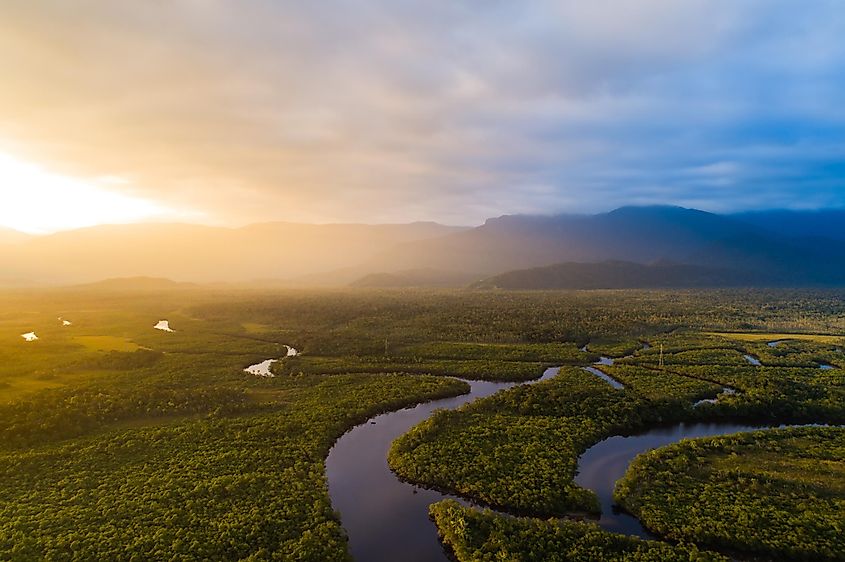
Brazil is said to be the only country on Earth named after a tree. During the 1500s, the Portuguese began harvesting what became known as Brazilwood from the area, which was then called Vera Cruz. The wood had a reddish color that was used to create a dye shipped and sold in Europe. The wood is called pau-brasil which means "ember-colored wood" in Portuguese.
Its Portuguese influence is still as strong as ever in Brazil. Brazil remains the only Portuguese-speaking country in Latin America all the while being surrounded by Spanish-speaking countries. The unique blend of Portuguese, Indigenous, and African cultures that is in Brazil makes it like nowhere else in the world.
Brunei
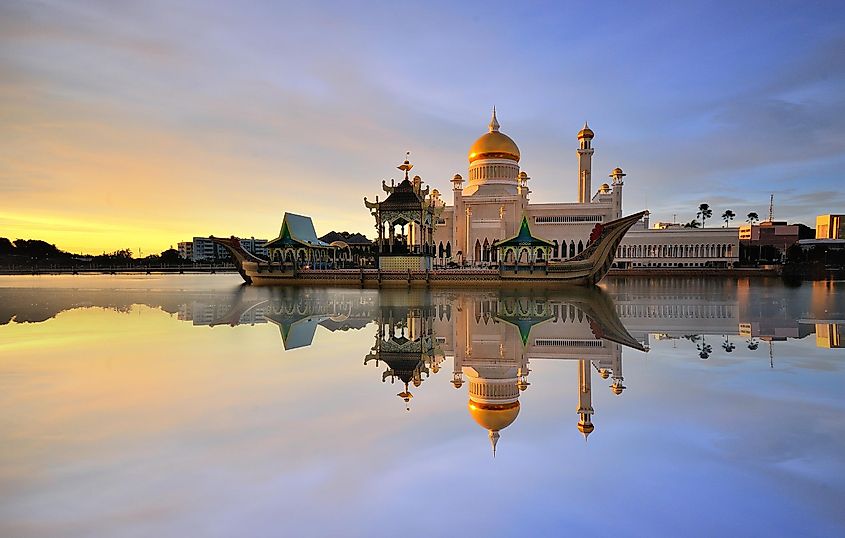
According to the local legends, Brunei gets its name from the first words uttered by the leader of a group of settlers arriving in the area in the early 1400s: "Baru nah!" which is loosely translated as "That's it!" He became the first sultan of Brunei. It was subsequently named "Barunai" which may have been influenced by the Sanskrit word for "seafarers," Varun.
Brunei is rich in oil and is ruled directly by a sultan. This small country in South East Asia has become a gem of the region attracting all kinds of foreign investment. Despite having a tiny population it boasts one of the highest GDPs per capita in the world.
Bulgaria
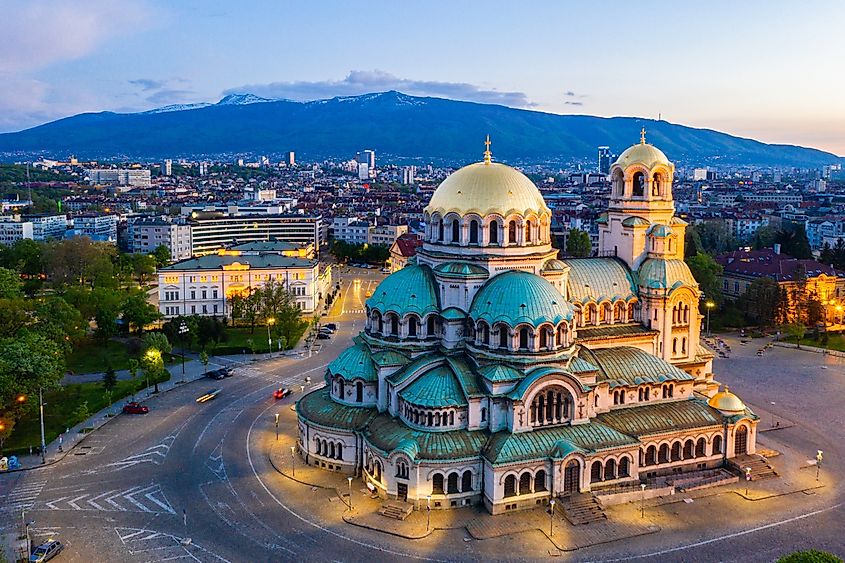
One of the oldest states in Europe, Bulgaria gets its name from the people who settled the region during the Dark Ages in Europe. Around the 7th century, the Bulgars, a tribe with Turkic origins arrived in the area and became the namesake of this country.
Today Bulgarian culture is a fascinating mix of Slavic, Greek, and Turkish influences with, of course, a flavor of their own. The capital city of Sofia is said to be one of the safest and cleanest cities in Europe.
Burkina Faso
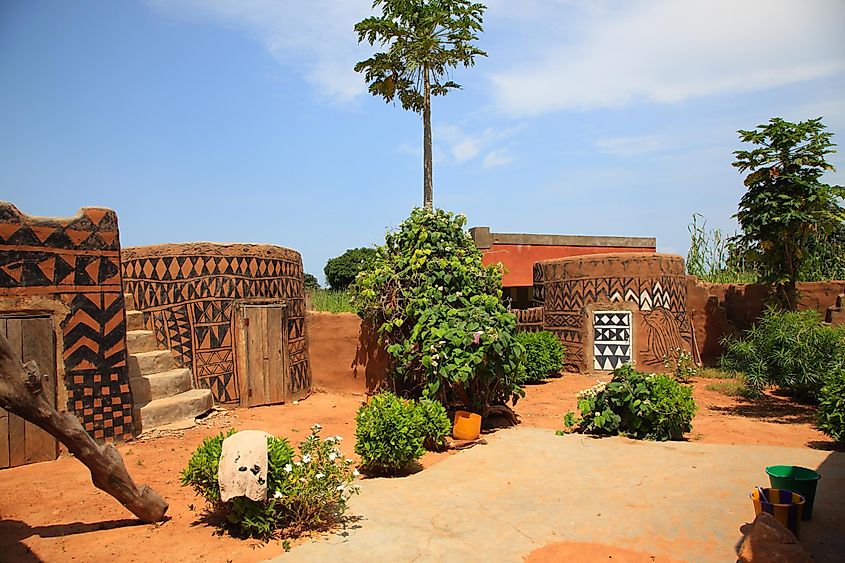
Burkina Faso means, loosely translated, "land of honest people." This name is pulled from two different languages spoken in the country. Burkina is from the Mossi language, spoken by the ethnic Mossi who make up half the population, and it means "upright," signifying integrity when used to talk about people. Faso is from Dioula, and literally means "father's house," but is also used to denote "fatherland." People from Burkina Faso are called Burkinabé.
Located in Western Africa, Burkina Faso spent significant time as a French colony. The influences of its past colonial rulers can still be seen across some of the larger cities too. It is not uncommon for people in Burkina Faso to still use French as a bridge language to communicate with those who hail from another ethnic or cultural group.
Burundi
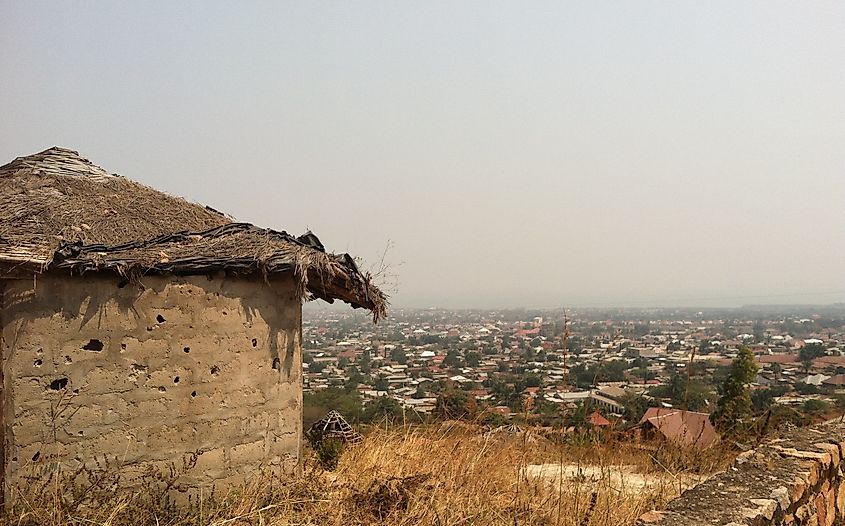
In the lands today known as the country of Burundi, a kingdom once reigned. The Kingdom of Burundi existed in the 16th century, and today, the country bears its name. "Burundi" likely originally came from the Ha people who lived there, as their place of origin was called Buha.
Burundi's borders were one of the very few that were not determined by European powers in the 19th century. The majority of the population are Hutu with a significant Tutsi minority present as well. Ethnic conflict has flared up in the past but today the country has experienced relative peace for the last decade or so.
Final Thoughts
Although these 17 countries are pronounced with the "B" sound in English, the pronunciation varies depending on the language the name is spoken or written in. In fact, because many languages do not even have the "B" sound, the name can be startlingly different or somewhat similar. However, history is not pronunciation-dependent, and the stories of how they received each name will be the same everywhere.
